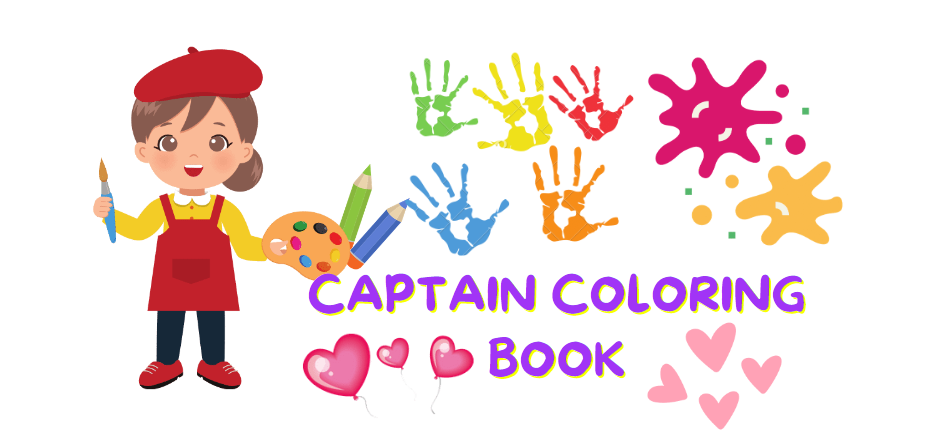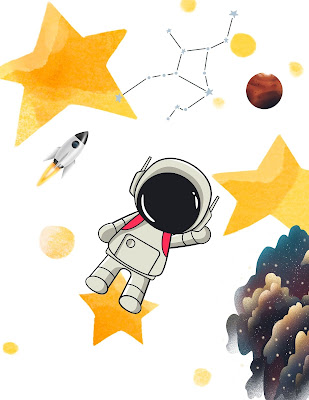Children have a natural tendency to explore and learn. Learning begins at a very early age and continues throughout life. From the moment they are born, long before they start school, children have a great desire to learn and explore: they actively explore their environment, learn to communicate and begin to form ideas about what they see around them.
 |
| What is Preschool Education |
Preschool period is the period when brain development and the rate of establishment of synaptic connections are experienced most intensely and rapidly. Brain development provides a strong foundation for a child's cognitive, language, motor, social and emotional development. For this reason, children grow very quickly, especially in the first six years of life, which is called the pre-school period, and they become competent in these developmental areas at an astonishing rate. Thus, the way for the child to realize his/her own potential and to be a productive member of the society is opened. Since the brain develops rapidly during the preschool period, this period is the period when the brain is most open to environmental influences. In this context, the environment deeply affects the development and learning motivation of the child. How much the child can explore, what he can learn and how fast he can learn is closely related to how supportive the child's environment is and what opportunities are offered to the child.
Environmental effects can affect the child's brain development positively, as well as undesirably depending on adverse environmental conditions. In order for the child to have a healthy brain development, it is necessary to have a healthy diet during the preschool period, to be in a rich stimulating environment and to offer new learning opportunities to the child. The richer the environment is in terms of stimuli, the faster the child develops and learns. However, spending the child's first years in an environment where stimuli are insufficient, emotional and physical support is not adequately provided, and new learning opportunities are not created negatively affects the child's brain development. This situation leads to delays in language, cognitive, motor, social and emotional development areas of the child, and also to exhibit behavioral problems.
Early life experiences determine the attitudes that the child will develop towards school, learning and his/her own skills and affect school success. The child, who has positive experiences in the preschool period, develops positive attitudes towards school, learning and his own skills. Having negative experiences at an early age may cause problems that will affect the entire education life of the child. It is known that the child who has negative experiences in the preschool age has low self-esteem, shows low success in school and after-school life, and exhibits more behavioral problems.
In order for the child to grow up, develop and develop positive attitudes towards learning, there is a need to create an environment where qualified cognitive stimulants, rich language interactions, positive social and emotional experiences are presented to the child and the child's independence is supported. This is only possible with a healthy family environment and a qualified pre-school education.







0 yorum :
Post a Comment